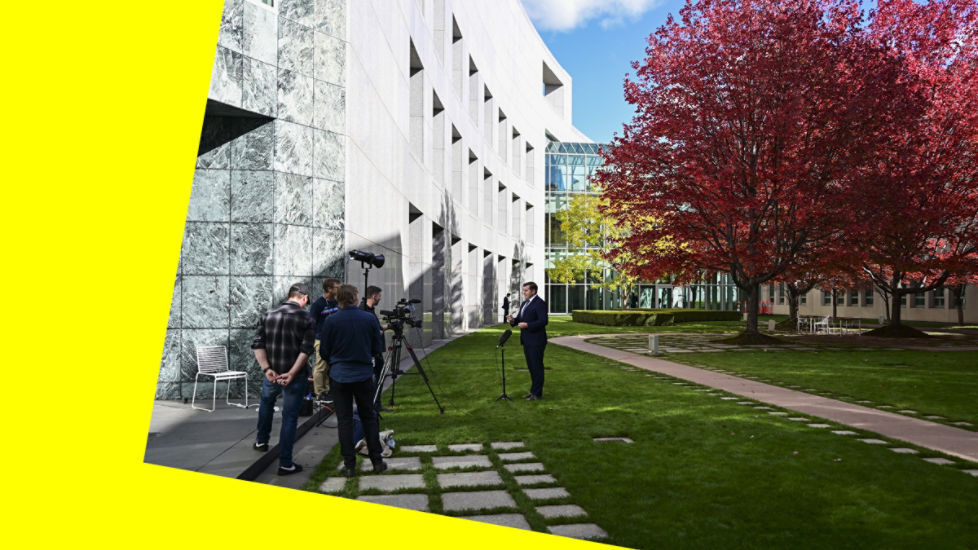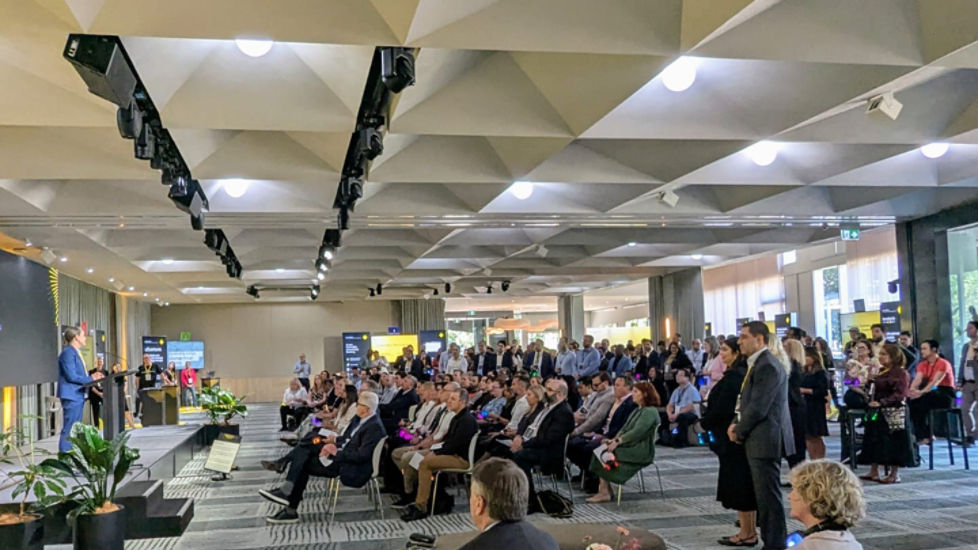Across many of Australia’s regional centres and towns, manufacturing has played a vital role in shaping local economic development. The sector’s contribution to productivity, employment, community, and innovation is already significant, and the next generation of manufacturing initiatives holds further potential.
Townsville is one example. According to REMPLAN, manufacturing drives 14.6% of the city’s economic output1, which is predominantly led by metal production, food, chemical and machinery parts manufacturing. Now, billions of dollars in government and private sector funding are earmarked for green metals processing and infrastructure initiatives, set to transform the region into Australia’s largest green manufacturing hub.
Claudia Brumme-Smith, the Chief Executive Officer at Townsville Enterprises, the peak economic development body in Townsville, says, "The significant opportunity for our regional manufacturing centres to innovate, compete on a global stage and add to local economic growth will only be accelerated by a diversity of thinking that comes with gender equality."
Unleashing the full potential of gender equality
As Townsville advances towards its future as an advanced manufacturing and sustainability leader, Claudia says that "workforce shortages can be a pinch point for regional growth. Critical minerals processing, renewable energy production, defence industries and manufacturing will require 15,000 new jobs in our region by 2030."
"Regional cities like Townsville will need to be bold in their approach to attracting talent," Claudia says. "Not only do I believe Townsville is Australia’s most liveable green manufacturing city surrounded by natural beauty such as the Great Barrier Reef, rainforest and the outback, but we have cutting edge jobs in renewables and green manufacturing that offer career progression."
Claudia sees building a more gender-equal and diverse manufacturing workforce as crucial to bridging labour shortages and modernising the sector. She says that shifts in how manufacturers operate and advances in physical and digital processes make it more attractive for female leaders to join the industry.
"To unleash the full potential of the female workforce, creating a culture where unique strengths thrive and where workplace flexibility is offered will be key. However, it’s important to note that culture can't change without diversity, so companies must develop strategies to attract and retain high-performing women to propel inclusion initiatives forward."
Claudia adds, "Identifying and recognising the gap is critical, but for leadership teams, sending clear signals to the broader organisation that the gap must be closed is vital."
This sentiment is echoed by the Queensland Government’s Women in Manufacturing (WiM) strategy, launched in 20232. At the time, it acknowledged more needs to be done to increase female participation with women being underrepresented in technical and trade roles, particularly senior management positions.
CommBank’s National Manager of Manufacturing, Maria Christina, agrees, saying these trends were reflected in research undertaken by CommBank.
"Our Manufacturing Insights Report showed that in 2023, only one in five executives across the manufacturing sector were female3. While most manufacturers had a diversity target at that time, not all were on track to achieve it."
"Looking at the recruitment priorities among female-led organisations can be instructive for those striving for better gender equality. The top strategies to attract and retain talent were focused on culture, learning and development and flexible work arrangements."
The people and policies driving change
Queensland’s WiM Strategy strives to address the barriers to women and girls that can limit entry into the sector, continue efforts to close the gender pay gap and build broader skills. This provides a framework for local groups to take practical action.
This includes the Townville Manufacturing Hub’s WiMForge Group, established by the Department of Regional Development, Manufacturing and Water. A member of the Group and manufacturing leader, Giulia Maragna, knows the landscape well, starting her journey in engineering trades and then moving into structural and mining heavy fabrication roles in Townsville.
"It was in Townsville that I met Kylie Voevodin, the brains and creator of the WiMForge Group. Our goal is to create a group of like-minded women who are passionate about encouraging and educating women in Townsville and surrounding regions to take part in courses, further learning and careers in manufacturing and trades."
Giulia says that working in manufacturing comes with a plethora of career and learning opportunities but that "being a woman completing a trade isn’t all sunshine and rainbows". Often being the only woman in the workplace has meant she hasn’t always felt supported and understood when issues arise.
"The career opportunities available to women in manufacturing have not been fully realised, and this is due to some of the outdated perceptions about the industry," Claudia says. "Dispelling these misconceptions is critical in attracting new talent into the industry".
Amid the large push to get women involved in the sector, Giulia offers some advice given that "men and women alike don’t always take to change well".
"When an agenda is being pushed, we often forget that the mindset and feelings of present people won’t change as quickly. It is not only about educating our future professionals and tradespeople, but also the people that are already in these industries."
"This will hopefully change soon, with talented women pursuing roles that were traditionally male dominated. This will happen with the work that WiMForge is doing. Behind everything is a group of people driving change, and that is our job," Giulia concludes.
Visit Women in Focus for more stories of women in business and the community.




